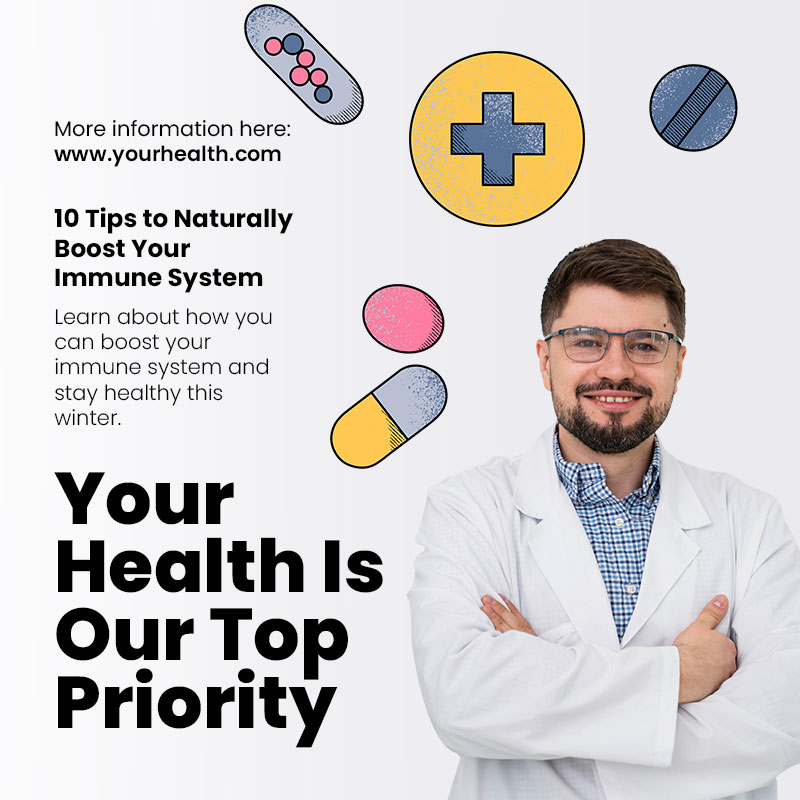Sports Medicine SEO
Sports medicine and SEO – two completely different worlds, right? One is all about muscles, bones, and joints, while the other is all about algorithms, keywords, and meta tags. But believe it or not, these two worlds are more intertwined than you might think.
Now, before we dive into the world of sports medicine SEO, let’s take a moment to appreciate the wonder that is sports medicine. It’s the field that keeps our favorite athletes in tip-top shape, helping them bounce back from injuries and perform at their best. And let’s face it, without sports medicine, we’d all be stuck watching athletes hobble around like newborn deer.
What is Sports Medicine SEO?
So, what exactly is sports medicine SEO? Simply put, it’s the process of optimizing your sports medicine website for search engines. It involves things like keyword research, on-page optimization, and link building – all with the goal of improving your website’s visibility in search engine results pages.
Now, I know what you’re thinking – “But wait, I’m not a sports medicine expert! How am I supposed to optimize my website for search engines?” Well, fear not my friend, because I’ve got some tips to help you out.
A sports medicine business can do several things to stand out in the search engines, including:
Keyword research
First and foremost, do your research. Figure out what keywords people are using to search for sports medicine services, and make sure those keywords are prominently featured on your website. And don’t forget to use variations of those keywords too – the more diverse your keyword usage, the better.
The most important step in any SEO strategy is identifying the keywords and phrases that people use to search for sports medicine services. A business can use tools like Google Keyword Planner or SEMrush to find relevant keywords and incorporate them into their website content.
On-page optimization
Once the relevant keywords have been identified, the business can optimize their website pages with those keywords. This includes writing high-quality content that is relevant to the target audience and includes the identified keywords in the page titles, meta descriptions, header tags, and body copy.
Be sure to focus on your website’s structure. Make sure it’s easy to navigate, with clear headings and subheadings that help both users and search engines understand what your website is all about. And don’t forget to optimize your images and videos too – they can be a great way to improve your website’s SEO.
Mobile optimization
With the majority of internet searches happening on mobile devices, it is crucial for a sports medicine business to optimize their website for mobile. Think about it. Most athletes are not going to be sitting at home in front of a desk. They are moving and always on the go.
This includes having a responsive design that adjusts to different screen sizes and ensuring that the website loads quickly on mobile devices.
Local SEO
Since most sports medicine businesses operate in specific geographic regions, it is essential to optimize your website for local SEO. This includes creating a Google My Business listing, getting listed in local directories, and incorporating location-based keywords in your website content.
Link building
Building high-quality backlinks to a sports medicine business website can improve its search engine rankings. A business can do this by guest posting on relevant websites, reaching out to other businesses for link exchanges, and getting listed in industry directories.
Backlinks from industries related to sports medicine
Finally, don’t forget about the importance of link building. Reach out to other sports medicine websites and see if they’re willing to link back to your site. The more high-quality links you have pointing to your site, the more authoritative your site will appear to search engines.
For a sports medicine business, some good local business backlink opportunities to consider could be:


Local sports teams and leagues
Reach out to local sports teams, leagues, and organizations and ask if you can sponsor or contribute to their events or activities. This could include providing first aid or medical assistance at events, sponsoring a team’s uniforms or equipment, or hosting a seminar or workshop for coaches or athletes.
Gyms and fitness centers
Many people who engage in physical activity are likely to be interested in sports medicine services. Reach out to local gyms and fitness centers and ask if you can contribute to their newsletters or blogs, or host an event or workshop for their members.


Physical therapy offices
Physical therapy offices are likely to attract clients who could benefit from sports medicine services as well. Reach out to local physical therapy offices and ask if you can collaborate on content or host an event together.
Local health and wellness publications
Many local publications cover health and wellness topics. Reach out to these publications and offer to contribute to their content or be featured in an article.


Local schools and universities
Schools and universities often have sports teams and athletic programs that could benefit from sports medicine services. Reach out to local schools and universities and ask if you can contribute to their athletic department or host a seminar or workshop for coaches or athletes.
Sports Medicine SEO Content
Overall, sports medicine businesses should focus on providing high-quality, informative content that is relevant to the target audience.
Some of the most popular topics right now in sports medicine are:
- Concussion management: Concussions are a common injury in many sports, and there is ongoing research and discussion about how to diagnose and manage them properly.
- Injury prevention: There is a growing interest in injury prevention techniques, such as proper warm-up and cool-down, stretching exercises, and safe equipment use.
- Regenerative medicine: Regenerative medicine, including stem cell therapy and platelet-rich plasma (PRP) therapy, is a growing area of interest in sports medicine for treating injuries and promoting healing.
- Mental health: Mental health is increasingly recognized as an important aspect of sports medicine, with a focus on how sports participation can impact an individual’s mental health, as well as the importance of addressing mental health concerns in injured athletes.
- Sports nutrition: Nutrition is a crucial aspect of athletic performance, and there is ongoing research into the best nutrition strategies for athletes, as well as the role of nutrition in injury prevention and recovery.
- Overuse injuries: Overuse injuries, such as tendinitis and stress fractures, are common in sports and there is ongoing research into their causes and how to prevent them.
- Return-to-play protocols: There is a growing emphasis on safe and effective protocols for returning athletes to play after an injury, including concussion and musculoskeletal injuries.
- Technology and sports medicine: There is a growing use of technology in sports medicine, including wearable devices, telemedicine, and virtual rehabilitation tools, among others.
Also, it’s important to keep in mind that when athletes wants to prevent injuries, they don’t just wait for something to go wrong. They take proactive steps to keep their body in top condition. They eat healthy, they exercise, they stretch – all in the name of staying healthy and injury-free.
For a sports injury website, some types of content that would be good to include are:
- Informational articles:
Articles that explain common sports injuries, their causes, symptoms, and treatments can be very helpful for visitors looking for information and advice on how to manage their injuries. - Prevention tips: Articles or videos that provide advice on how to prevent sports injuries, such as proper warm-up techniques, stretching exercises, and gear selection.
- Rehabilitation exercises: Videos or written guides that provide instructions on exercises and stretches to help people recover from sports injuries.
- Personal stories: Sharing personal stories of athletes who have suffered from sports injuries and their recovery journeys can provide inspiration and hope to others going through similar experiences.
- Expert opinions: Including interviews with sports medicine experts or physical therapists who can provide insights and tips on injury prevention and recovery.
- Product reviews: Reviews and recommendations for sports injury products such as braces, compression sleeves, and ice packs can be helpful for visitors looking for products to aid in their recovery.
- News and research updates: Articles that report on the latest research and news related to sports injuries, including new treatments or studies, can be valuable for visitors looking for the most up-to-date information on their condition.
- Interactive tools: Interactive tools such as injury diagnosis quizzes or virtual rehabilitation exercises can help visitors engage with the content and better understand their injuries.
Look at the American Journal of Sports Medicine.
Conclusion
So, there you have it – sports medicine SEO in a nutshell. And while it may seem like a daunting task, just remember that the same principles that keep our favorite athletes in top condition can also keep your website at the top of the search engine rankings. So get out there and start optimizing – your website (and your patients) will thank you!